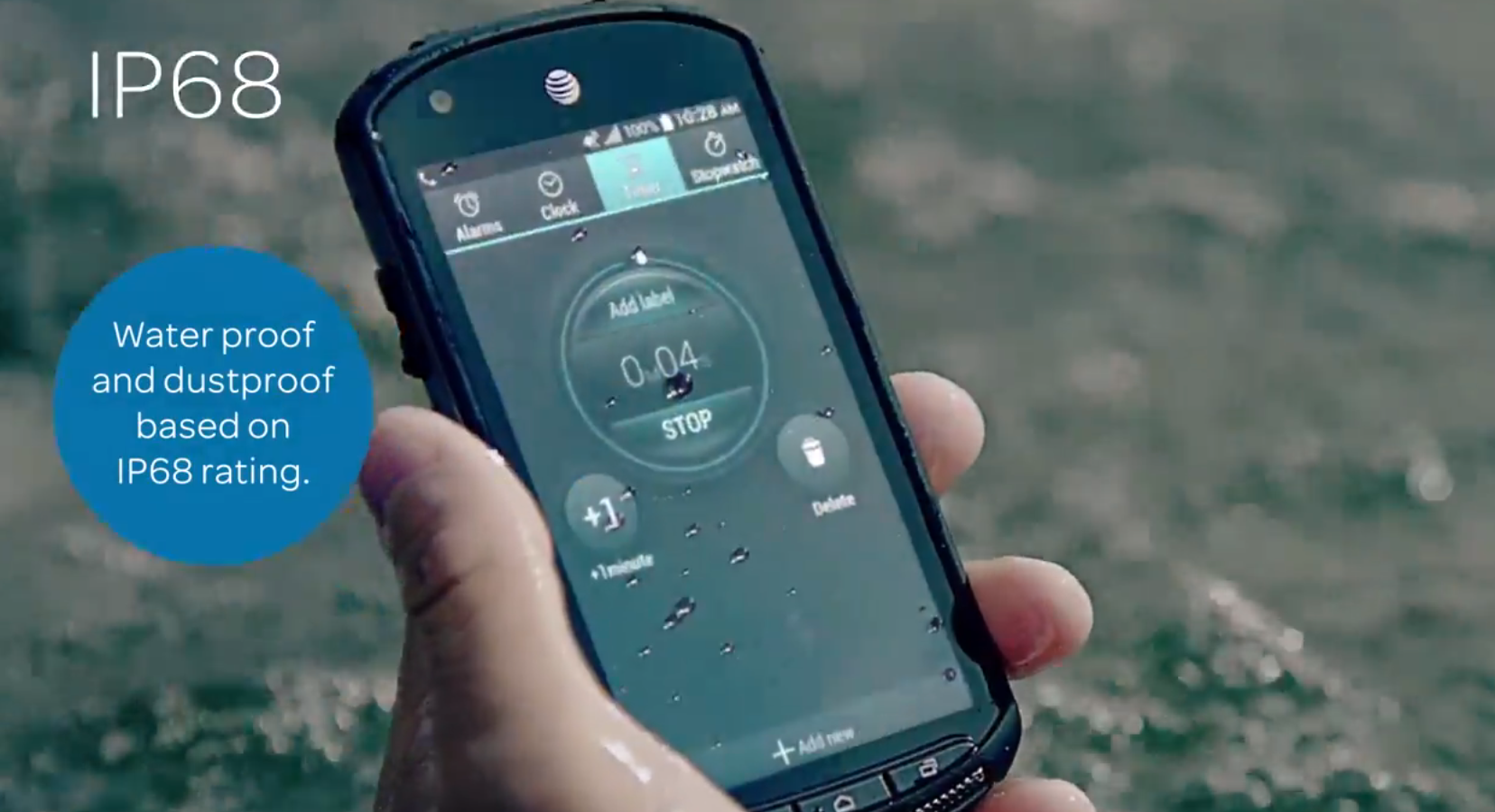Following Samsung Settlement, Microsoft Targets Kyocera With Android Lawsuit
On Friday, Microsoft's subsidiary, Microsoft Technology Licensing, filed a legal complaint against Kyocera that said the company is allegedly infringing on seven of Microsoft's patents with the Kyocera Duraforce, Hydro, and Brigadier devices.
In the complaint, Microsoft said:
"Although research and development comes at great cost and risk, Microsoft was founded on innovation, and the company continues to choose the path of the innovator. But others have a different approach, waiting for innovators like Microsoft to bear the expense of developing new technologies and then incorporating the most successful inventions into their own products—without permission and without paying for the privilege."
The problem with software patents is that whether someone may or may not file for a patent regarding a technology product behavior, that invention may still appear independently elsewhere. However, even if someone else invented the same technology independently (innovation often happens in parallel), the initial patent holder can still come and say that the competitor is infringing on its patent, and it needs to pay it royalty.
Microsoft has managed to convince most Android OEMs to pay it licenses, even though it has never developed any piece of the Android code, after it signed a licensing deal with Samsung a few years ago. After that deal was made, other manufacturers were much more likely to sign as well, regardless of how strong or weak some of Microsoft's patents were and whether they would have stood up in court or not.
Lawsuits are expensive one-time events, even if the OEM would score a win. Paying up seems like the cheaper route when the companies are put on the spot, especially when OEMs have to pay only $2 to $3 on average per phone ($2+ billion Microsoft made in 2014, split by roughly 1 billion Android phones sold last year). However, in the long run, that could be hundreds of millions of dollars, if not billions, from a single manufacturer.
Only two manufacturers have gone to court with Microsoft so far: Motorola and Barnes & Noble. Microsoft accused Motorola of infringing on several of its patents, but so far Motorola has only been found guilty of infringing on an ActiveSync-related patent. That lawsuit is still going, but as Motorola is owned by Lenovo right now, Microsoft's biggest partner in the PC market, the two companies will likely settle soon.
Get Tom's Hardware's best news and in-depth reviews, straight to your inbox.
At the time, Barnes & Noble countersued Microsoft and asked the DoJ to investigate Microsoft over antitrust issues. Shortly after, Microsoft removed one of its patents from lawsuit and trimmed back the claims of the four others. When it saw the lawsuit wasn't going so well, Microsoft offered Barnes & Noble an "investment" of $300 million into the company, which Barnes & Noble took, and then both companies dropped their lawsuits.
Recently, Microsoft sued Samsung, as well. Samsung wasn't happy that Microsoft is now also a competitor after it acquired Nokia's smartphone business, so the company refused to pay Microsoft any more royalties. However, this situation ended with a settlement and some kind of undisclosed deal between the two companies.
Kyocera is now the latest company to be sued by Microsoft, and it remains to be seen whether the company will stay its course and try to invalidate Microsoft's seven patents in Court, or whether it will also end up settling and paying the phone royalties to Microsoft.
Follow us @tomshardware, on Facebook and on Google+.
Lucian Armasu is a Contributing Writer for Tom's Hardware US. He covers software news and the issues surrounding privacy and security.
-
chicofehr You show them Microsoft! Keep making more money off android then windows phones by suing your competition.Reply -
cats_Paw Let the big guys fight each other and the lawyers get rich. At least that takes away focus from the companies looking for was to screw up the consumer as badly.Reply -
alexluther74 If only MS could put this effort into listening to what their users want... an updated version of WinXP 64bit with direct-x 11 and dotnet 4.5!Reply -
yyk71200 Our patent system is rediculous. You shouldn't be able to patent a generic behavior of software.Reply -
robochump ReplyMS just became Apple. Only in America.
Yeah let foreign companies rape your IP that millions spent in R&D created for free. Only in America people would think this way...sad...
-
falchard ReplyOur patent system is rediculous. You shouldn't be able to patent a generic behavior of software.
Microsoft doesn't patent generic behavior which is one of the huge differences here. They make a product and patent each and every little piece on it to the very specific. This is why they generate the 2nd most amount of patents annually. Its also why its difficult to invalidate any of Microsoft's patents because they are so specific.
The problem is Programmers and Engineers are trained and given special treatment by Microsoft. As a result nearly any piece of computer hardware or software has a little Microsoft in it.
